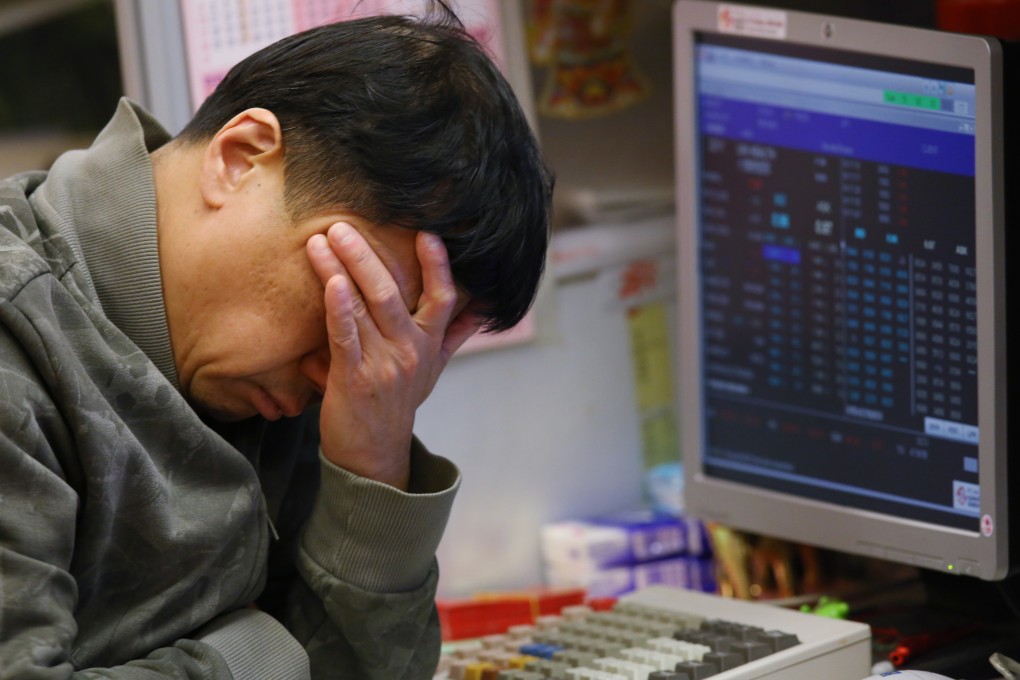Opinion | Policymakers must stop hiding behind myth of ‘unprecedented changes’
- It is time to stop viewing crises as exceptional events and admit how frequently shocks actually occur
- The task of forecasters and policymakers is not to predict the next catastrophe but to sharpen their focus on resilience – what it takes to stay the course with politically mandated policies while minimising inevitable dislocations

I have been in the forecasting business for more than 50 years. Over that period, I have heard the constant refrain that the world is in the midst of “unprecedented changes”. This popular trope frequently resulted in equally hyperbolic corollaries: breathless claims that we have never faced greater risks or such an uncertain future, and that forecasting has never been harder. Repeat it enough and it starts to become believable.
The subsequent disinflation of the 1980s allowed the horror show of the 1970s to run in reverse well into the 1990s, which came to an end with the Asian financial crisis, ushering in what was initially billed as the first crisis of globalisation.
But today, we look back on these episodes as mere tremors preceding the seismic shocks to come. The information technology revolution and the dotcom bubble of the late 1990s and early 2000s hinted at the profusion of asset bubbles that afflicted global property markets and many financial instruments, from subprime mortgages to broader credit flows and equities.
